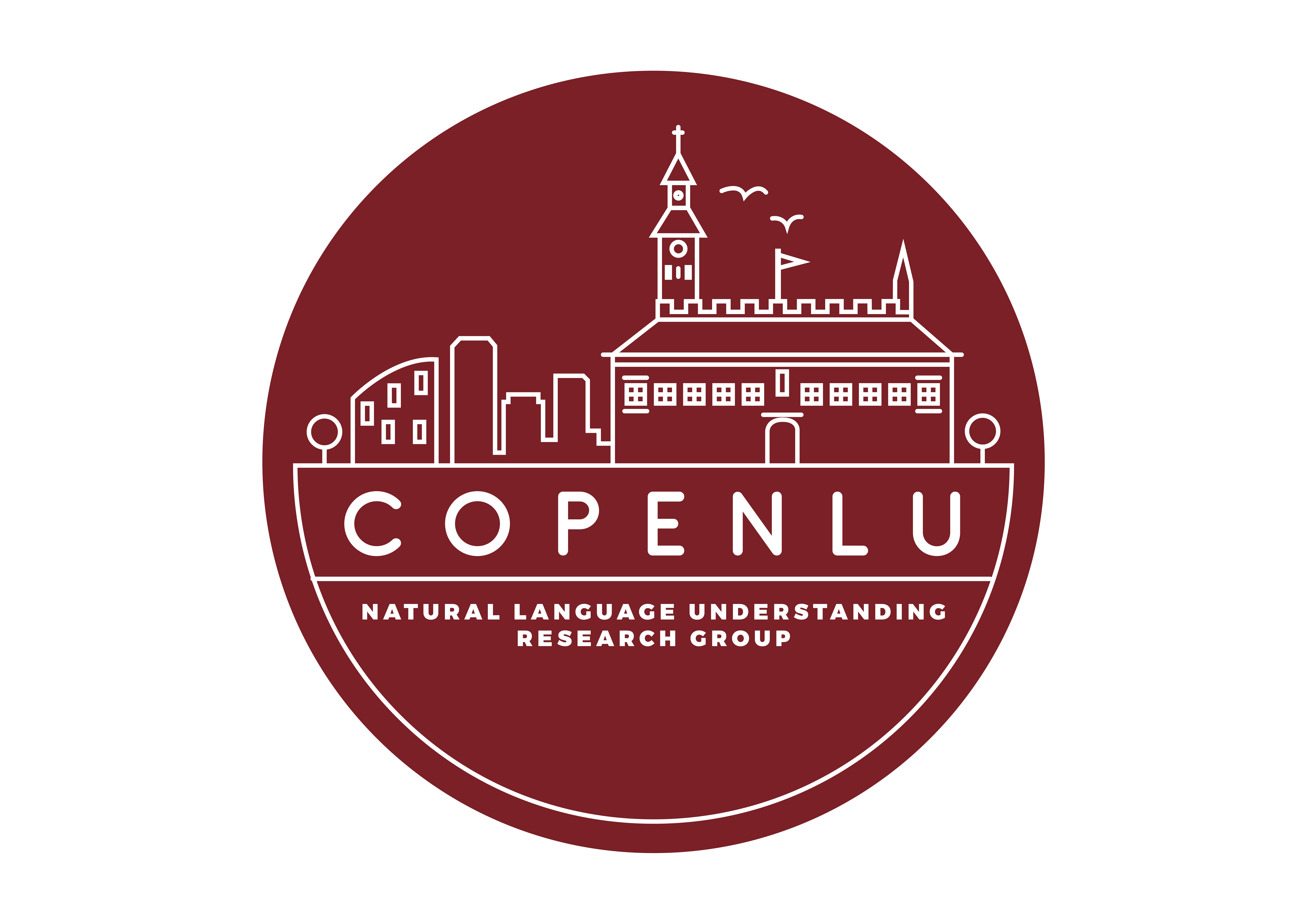Search-o1: Agentic Search-Enhanced Large Reasoning Models
Large reasoning models (LRMs) like OpenAI-o1 have demonstrated impressive long stepwise reasoning capabilities through large-scale reinforcement learning. However, their extended reasoning processes often suffer from knowledge insufficiency, leading to frequent uncertainties and potential errors. To address this limitation, we introduce Search-o1, a framework that enhances LRMs with an agentic retrieval-augmented generation (RAG) mechanism and a Reason-in-Documents module for refining retrieved documents. Search-o1 integrates an agentic search workflow into the reasoning process, enabling dynamic retrieval of external knowledge when LRMs encounter uncertain knowledge points. Additionally, due to the verbose nature of retrieved documents, we design a separate Reason-in-Documents module to deeply analyze the retrieved information before injecting it into the reasoning chain, minimizing noise and preserving coherent reasoning flow. Extensive experiments on complex reasoning tasks in science, mathematics, and coding, as well as six open-domain QA benchmarks, demonstrate the strong performance of Search-o1. This approach enhances the trustworthiness and applicability of LRMs in complex reasoning tasks, paving the way for more reliable and versatile intelligent systems. The code is available at https://github.com/sunnynexus/Search-o1.


